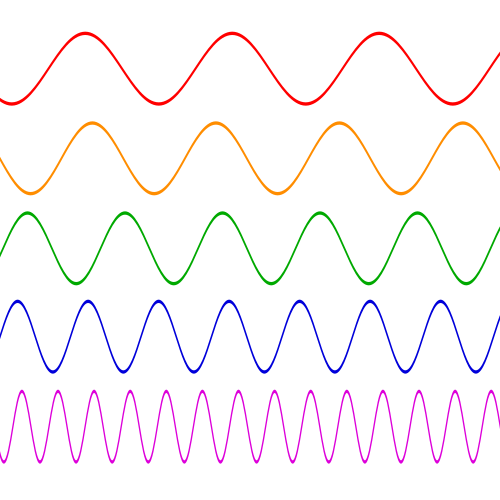The Art and Science of Perfect Pitch: Is It Within Reach?
Written on
Understanding Perfect Pitch
While I may not be the most talented singer, having participated in several choirs during my school years (and I’m certainly not the best dancer either), my appreciation for music has always been strong. One of my favorite aspects of choir singing is the sense of unity it fosters. As an alto, I enjoy figuring out the notes that complement the soaring melodies of the sopranos.
Unlike many who can read sheet music, I rely on my ear to determine my part. By carefully listening to the other voices in the choir, I generally manage to find the right pitch. One of my choir friends was particularly impressive; she always seemed confident and was able to effortlessly find the correct notes.
"I possess perfect pitch," she once told me.
I nodded, trying to appear knowledgeable, but the truth was, I was puzzled. How could pitch be described as "perfect"? What does it mean to attain such a state? Is it an exclusive gift for a select few?
The Physics of Pitch
In music, pitch refers to how high or low a sound is and can be quantified by the frequency of sound waves. Sound waves are classified as longitudinal, meaning they move in the direction of their vibrations. The frequency indicates the number of oscillations that occur per second; a higher frequency correlates with a higher pitch.

Understanding Absolute Pitch
"Perfect pitch" is also known as "absolute pitch," a term I find more descriptive as it differentiates itself from "relative pitch." Individuals with perfect pitch can identify a musical note without needing other notes as a reference, and they can often sing that note on cue. They might even recognize pitches from non-musical sounds, like the hum of an appliance!

In contrast, relative pitch involves using a reference tone, such as that from a pitch pipe, to help discern the correct note. Musicians lacking inherent perfect pitch can train their relative pitch to achieve similar benefits.
Can Perfect Pitch Be Acquired?
True absolute pitch is uncommon, occurring in fewer than 1 in 10,000 individuals. Some studies suggest there may be genetic factors involved, as patterns of perfect pitch often appear within families. Environmental influences also play a role; individuals who speak tonal languages like Mandarin are more likely to have perfect pitch.
Historically, it was believed that adults could not acquire perfect pitch since it seemed to be something one must learn in early childhood. However, a 2015 study revealed that adults could indeed be trained to develop some level of perfect pitch, with the effectiveness of training linked to their auditory working memory.
This memory enables us to process auditory information, such as following spoken instructions. Perhaps there is still hope for my musical journey. Could I too learn to identify notes without a reference point?
Although, it probably won’t enhance my singing skills, which is unfortunate.